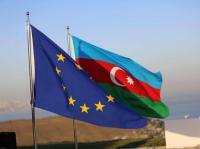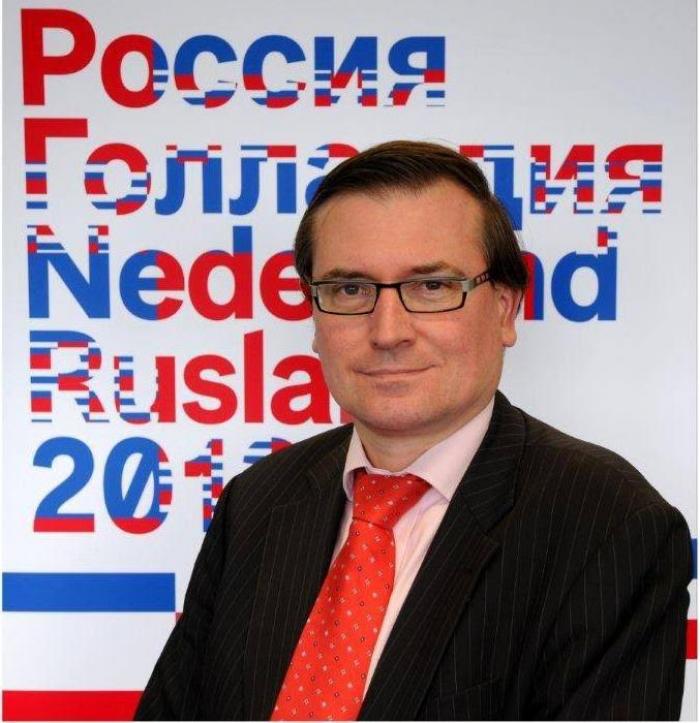Azeri.Today from Netherlands
ЭКСКЛЮЗИВ
Azeri.Today from Netherlands
29 Ноября 2016 - 12:00
 1725
1725
 |
Elnur Alakbarov European bureau of Azeri.Today |
Azeri.Today interviews Tony van der Togt, Dutch political expert of international affairs, senior research fellow at the Netherlands Institute of International Relations Clingendael.

— Western Europe is now experiencing uneasy times. Britain's exit from EU, the threat of terrorism, influx of migrants. What do you think will happen to the Western European community in the nearest future?
— Good question, but very difficult to answer. At the moment the situation is still relatively stable, in spite of all the problems and crises. The big thing now is what will happen with the upcoming elections in France, Germany and the Netherlands. We all face a challenge from populist parties, which are anti-muslim, anti-immigrants and anti-EU. But at this moment I do not foresee more countries leaving the EU. Even in the case of Brexit, still the big question is: how and when this will happen.
— During the "Cold War" NATO justified its existence by the confrontation with the communist bloc. However, for already more than 25 years there is neither the Warsaw Pact nor the Soviet Union. Who is NATO targeting today? Only Russia?
— For a long time, NATO worked for security and stability of its partners mostly by acting out-of-area, like in Afghanistan. Only recently, because of Russian agression towards Ukraine, Eastern European countries (Poland and the Baltics more specifically) are asking for reassurance; so now you see a shift again towards territorial defence and deterrence of possible Russian agression against NATO countries.
— Is Europe highly dependent on US military assistance?
— At the moment, yes, still very much. Although some countries have increased their defence budgets, overall most countries still do not reach the 2% of GNP as agreed at NATO Summit in Wales in 2014. But the election of Trump as US president has given this debate more urgency. Also in the Netherlands, defence budget is going up and after next years elections could increase even more, depending on the next government coalition. But there is growing consensus that this is necessary.
— Do you think EU will accept Turkey as a member?
— I do not foresee this happening any time soon. Negotiations could continue, as agreed. But I do not see Turkey accepting all the EU conditions for membership, especially taking internal political developments in Turkey after the coup d’ etat into account. You can also doubt Turkey’s willingness to continue to move in the EU’s direction. Recent overtures to the SCO (Shanghai Cooperation Organisation) also point in that direction. Turkey may suffer from an “EU fatigue”.
— Over the past few years much was said about EU’s enlargement to the east. Ukraine, Belarus, Moldova, Azerbaijan, Georgia, Armenia. But it never moved beyond words. So is there any chance that these countries will join EU in the future? Or you think that the post-Soviet space will remain the Russian zone of influence?
— The EU’s Eastern Partnership is not about membership. It is about closer cooperation and possible integration into the internal market in exchange for deep reforms. Only with Ukraine, Moldova and Georgia we have such Association Agreements, including a Deep and Comprehensive Free Trade Agreement. The effectiveness is the European Neighbourhood Policy is very much under discussion now. There will certainly be more differentiation; not every country has the same level of ambition in its relations with the EU. Other kinds of agreements should also be possible. This does not necessarily mean that such countries are condemned to a Russian sphere of influence. As far as the EU is concerned, these countries should be able to have good relations with both sides: “no choosing, no losing”. But the big question is whether Russia would allow them to do so.
Источник: Azeri.Today

 20 Октября 2021 - 09:51
20 Октября 2021 - 09:51